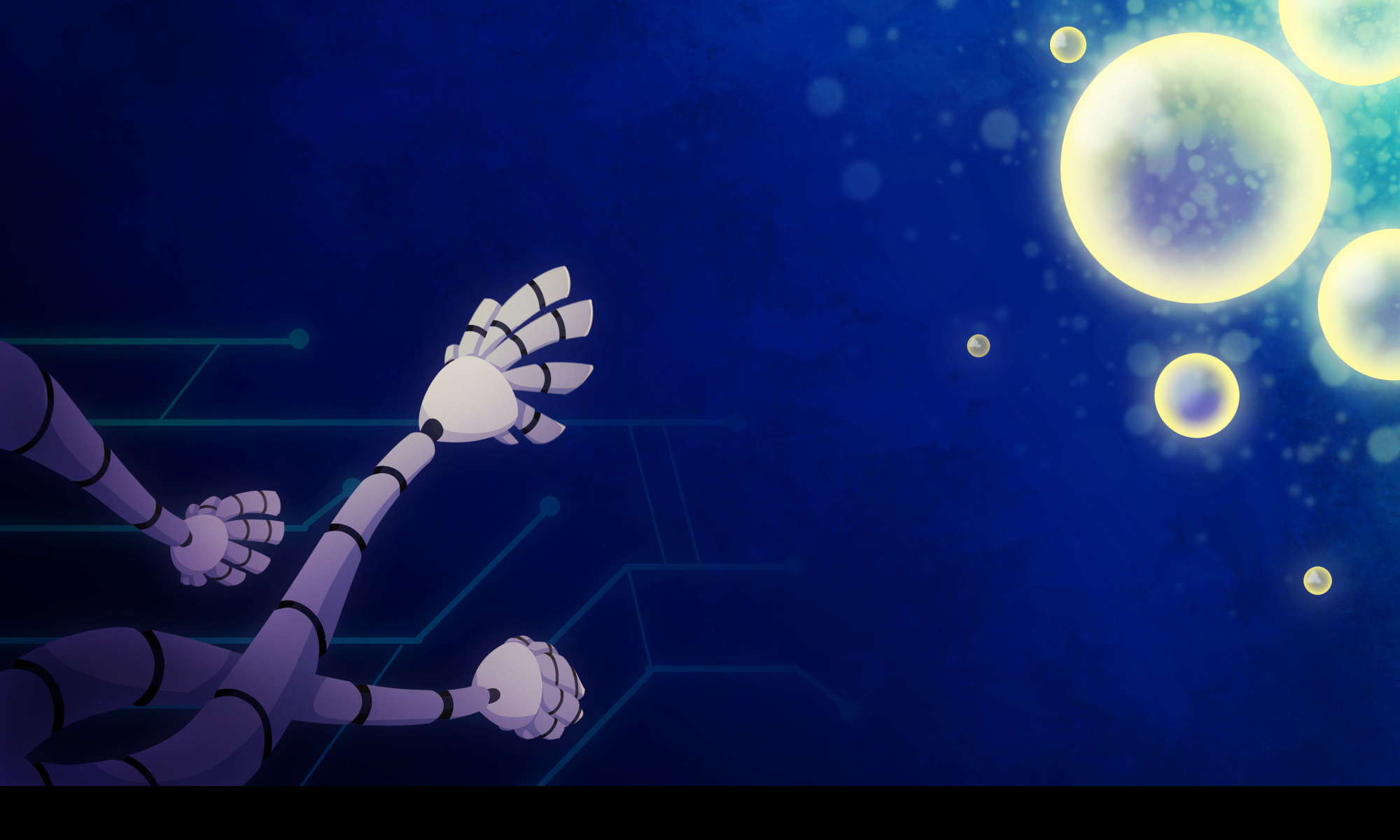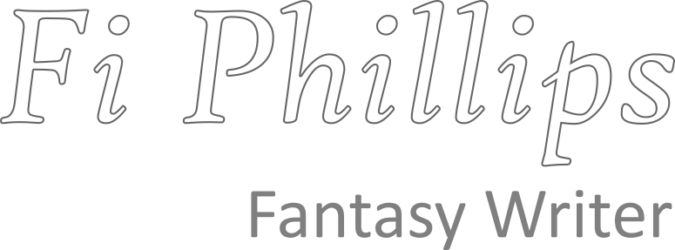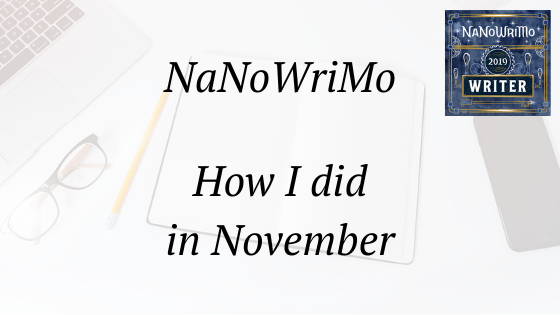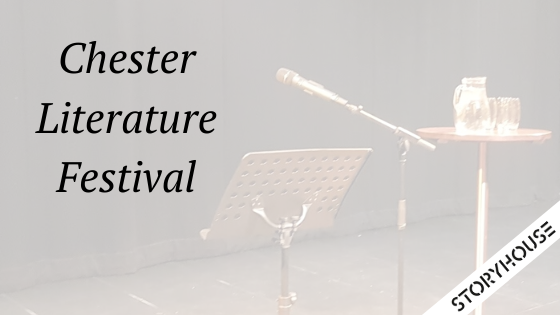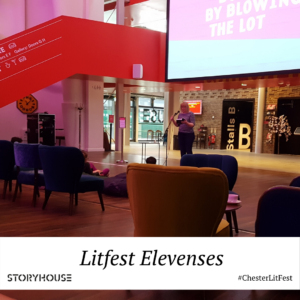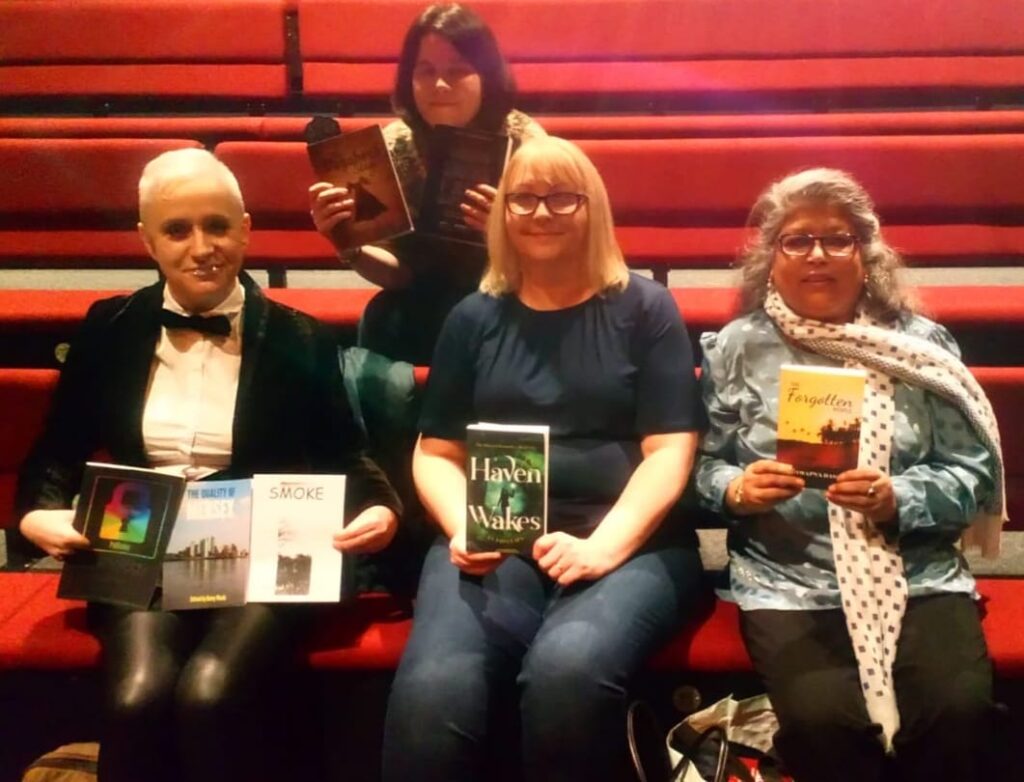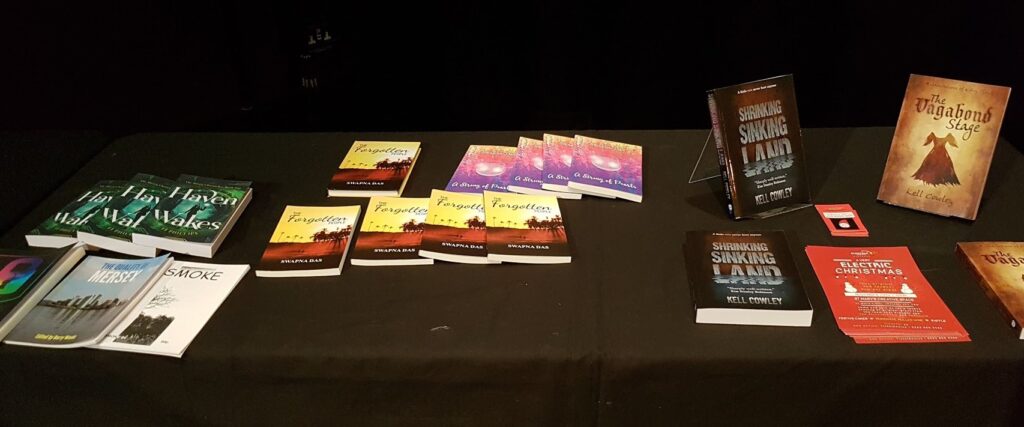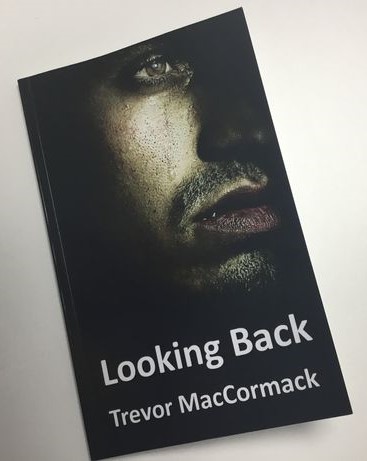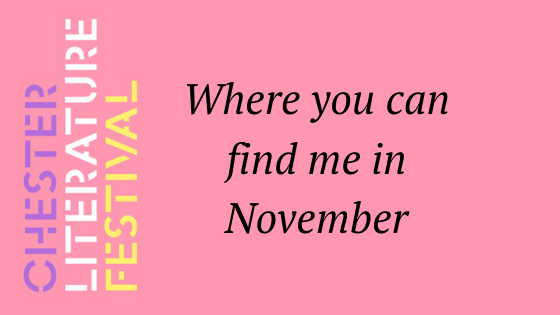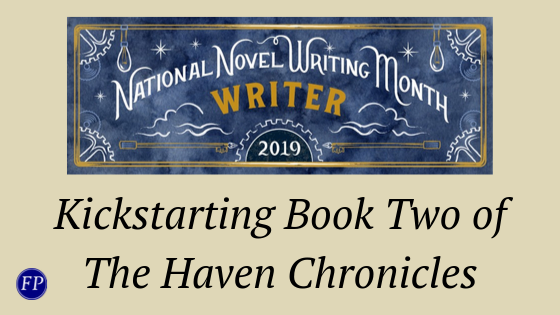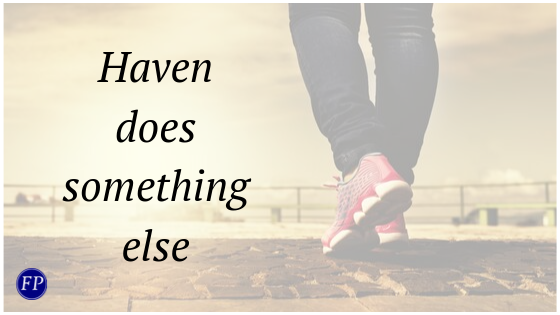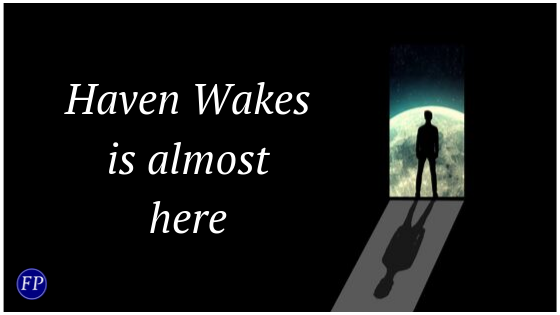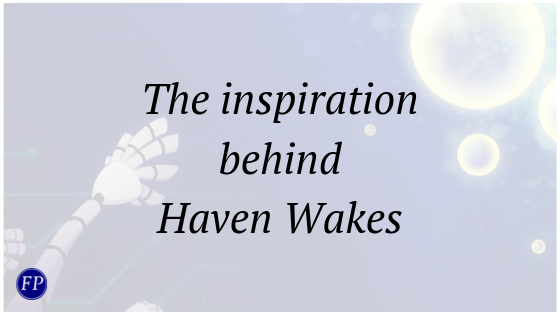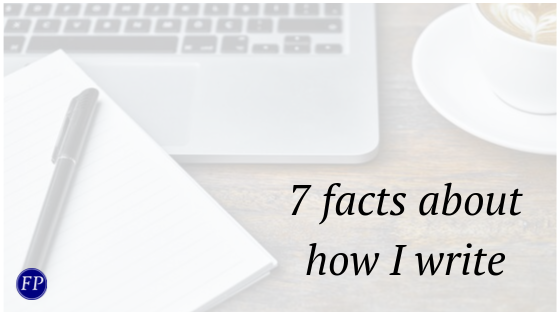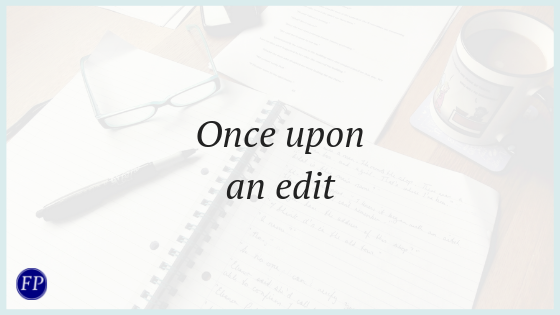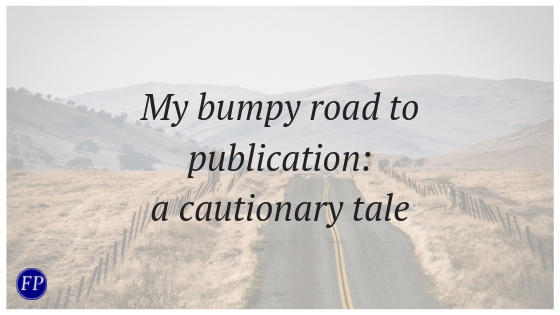When my publisher asked me to create a blog post to explain
how I write, I thought, ‘that’ll be simple to answer, I just…’
And then it struck me. There’s no just about it. The
act of writing, in fact, the whole process of writing, isn’t just
anything. It’s complicated, and meandering, and sometimes a complete mystery.
So instead of discussing the whole mysterious and mystical machination that is writing, I broke it down into 7 facts about how I write.
I think
Or is that daydream? What I mean is that before, during and
after the act of writing, I do a lot of thinking about my story. I have this
whole internal conversation going on most of the time.
It might be
- snippets of conversation,
- or where the story is going next,
- or changes I need to make to a chapter,
- honing a description,
- or even the name of a character.
Long before I put pen to paper or fingers to keyboard, the
action of writing begins with a thought.
Brainstorming
This is probably my favourite bit of the writing process.
Before I begin to write, before I work out the plot or what will happen in each
chapter, I have a mahoosive brainstorming session where I throw all of my ideas
about a story down onto paper.
I use an A3 art pad so there are no lines to limit my
scribblings. I write down
- the title of the novel, or ideas about what the
title might be
- conversations between characters in my novel
- characters – whether they have a name or not
- settings
- questions the book should answer
- things to include to get the story where it needs
to go
- plans for future novels in the series so I know
what path to follow
- if this happens, then what? scenarios
- topics I need to research
- mythological beasties
- spells and other magical details
- character descriptions and backgrounds
- details about the world my story is set in
- problems I need to solve in my story
- clues I need to reveal
- locations of off-stage characters
- character family connections
and anything else I need to know before I can begin to
write.
It’s only when I’ve regurgitated all of those details that I
can begin to build the story.
Later on, I’ll use my brainstorm chart as a reference tool to return to too.
I’m a devoted plotter
I’d love to be one of those people who can just begin a story
with no plan, but I always write myself into dead ends and plot holes.
I make a plan of the different stages in the story (what
will happen in the beginning, middle and end) and then carve the middle section
up into anywhere from three to five sections.
Then I plot the path of my story in a sequential manner
(this happens, then that, then that, and so on until the end).
Now, comes the fun bit, working out exactly how I’ll present
my story:
- Do I want to start the story-telling at the ‘beginning’
mentioned above, or do I want to start the story later?
- Do I want to jump back and forwards a little?
- Do I want to reveal everything, or will some
scenes be shown through witness statements or clue-solving?
- Is the story revealed through one person’s experiences
or two simultaneous character paths?
- Finally, does my story end with the ‘end’
mentioned above, or does it go on further?
I’m a firm believer, however, that plotting should always carry
a level of flexibility. After all, when a character decides that they want to walk
rather than take the train, they’re usually right.
Where I write
I generally write at my computer in my study. I say study,
it’s actually the dining room and my desk is the dining table. My family have
long since given into the fact that my need for a devoted place to write and
work is more important than their need to eat around a table. Maybe one of these
days I’ll be able to afford a garden office, or at least a shed.
I tend to switch between typing and handwriting my story,
depending on my mood. If I’m struggling over a chapter or section, then making
that change usually helps.
Very occasionally, I’ll write in the garden or at my local
coffee shop, but generally I find those places too distracting to get any work
done.
I don’t wait for inspiration
I’ve learned this lesson from working as a playwright and
copywriter with client timescales to meet. I can’t just wait to be in the mood
to write or have some wonderful idea to write about. If I did that, I’d rarely
get any writing completed.
If there’s writing to do – whether it’s for a copywriting
client or the next chapter of my work in progress – I have to just park my bum,
pop on my glasses and get on with it.
Boring but true.
20 minute bursts
My writerly brain works best if I write for twenty minutes
at a time. Why? Well, twenty minutes allows me to get quite a large chunk of
writing done but doesn’t allow me to get bored or distracted. I end my twenty
minutes still enthusiastic about my writing and wanting to return to it after my
break.
I also find that taking a break allows my brain to cool off
enough to solve any problem I may be having with my writing and/or plan out how
to continue when I get back to it.
Reading back
When I return to a piece of work after a break, I read back over
what I wrote during the previous twenty minute burst. This serves a number of
purposes:
- It reminds me where I left off.
- It gets me back into the same tone of voice and
pace of writing.
- It allows me to check that the last twenty minutes
weren’t wasted and that I didn’t get off track.
It might take a little extra time to read back but it always
helps me to continue with whatever I’m working on.
*
So there you have it. This is some of how I write.
Visit my Books page to find out exactly what my novel is about.
